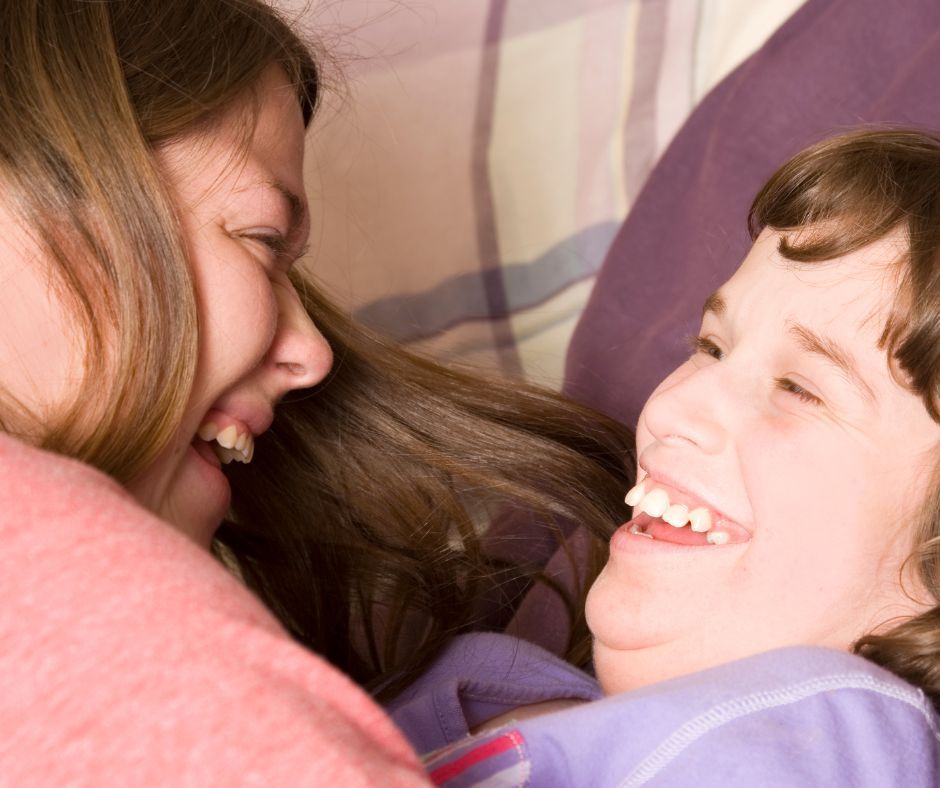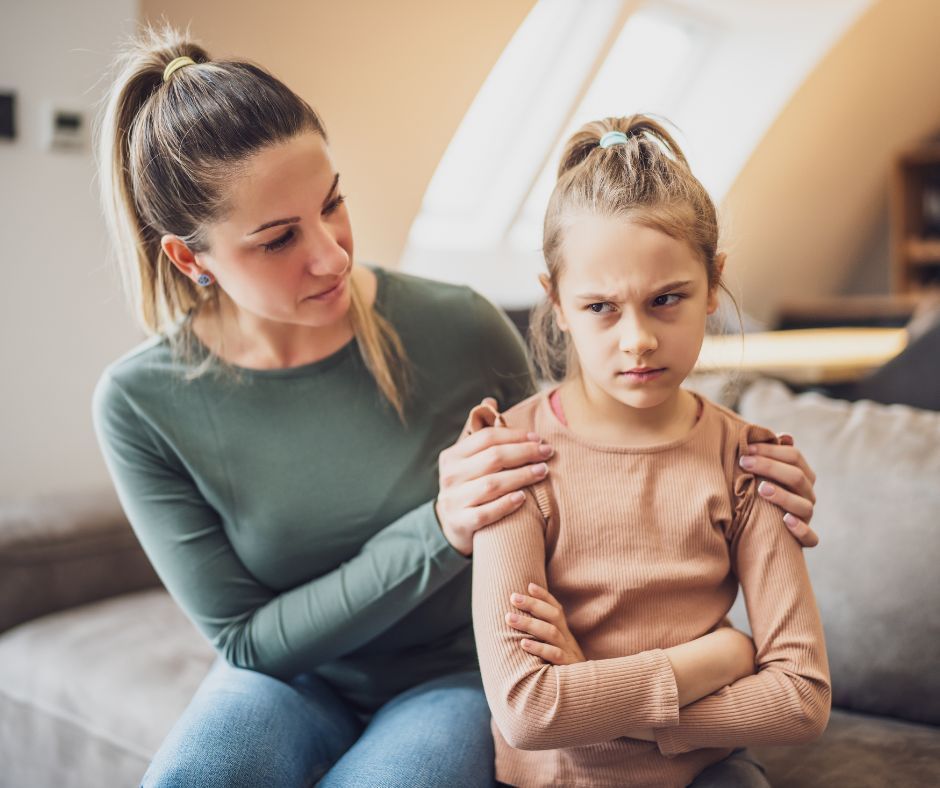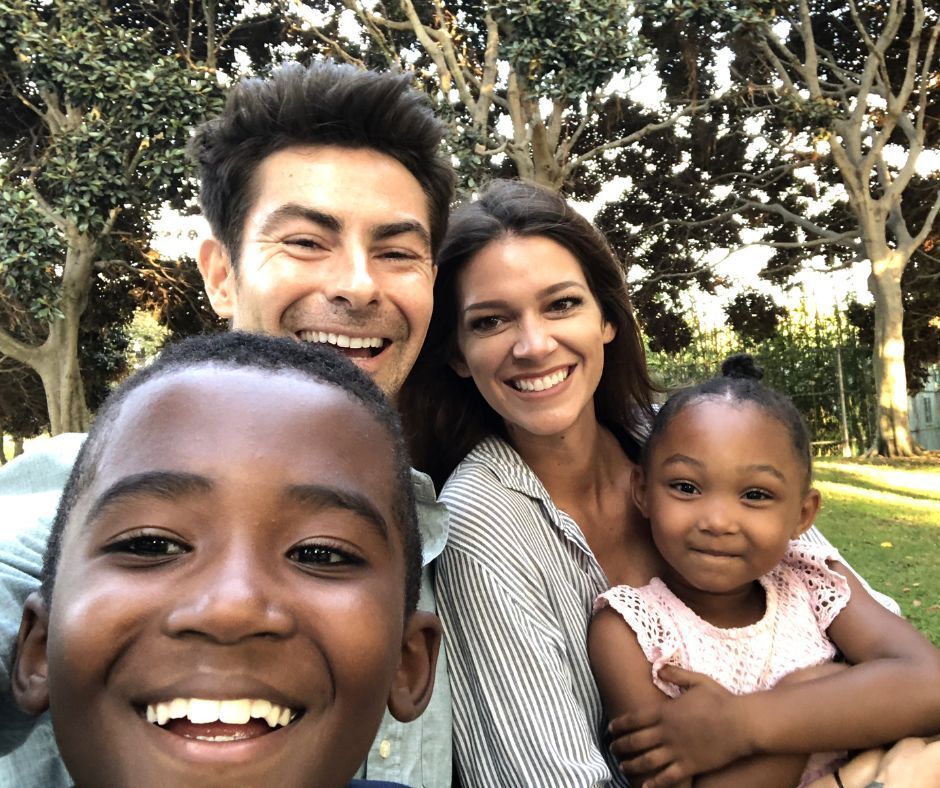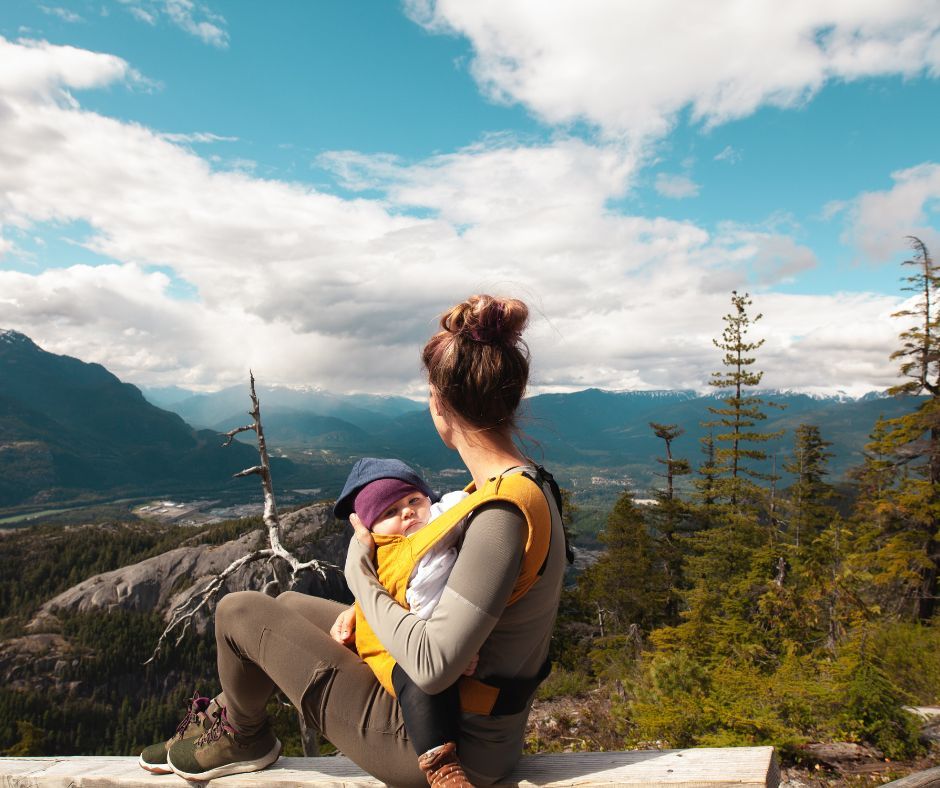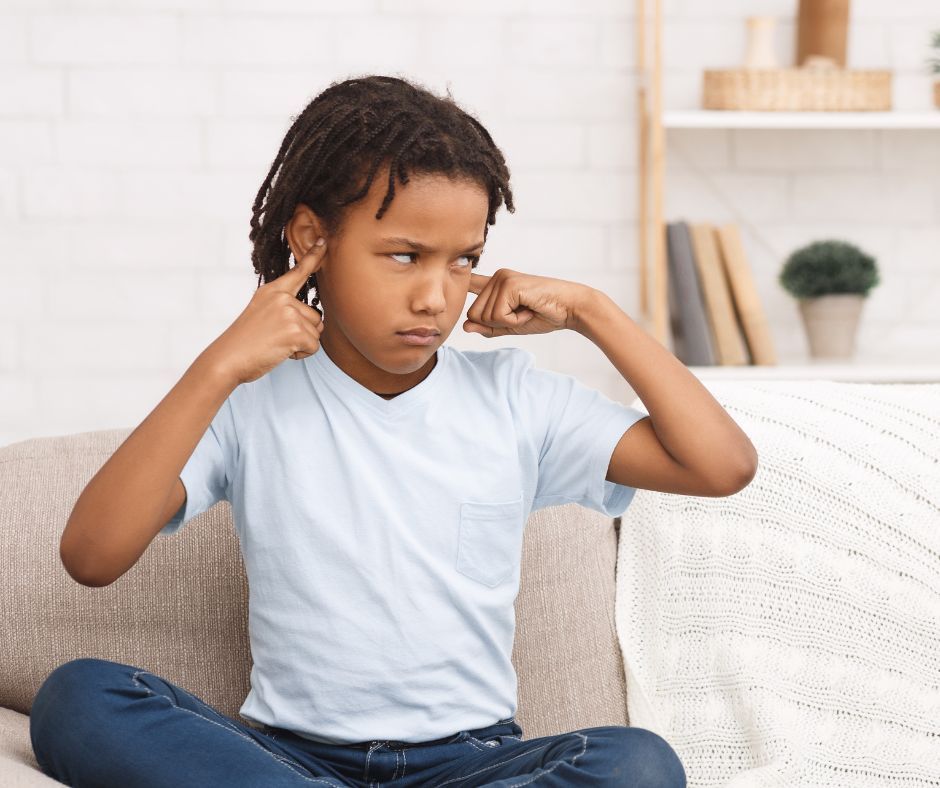Letting go might be the hardest thing we do as parents. And yet, parenting is a series of quiet, often heartbreaking goodbyes—each one necessary for our children’s growth and independence.
We let go when our toddlers wobble across the playground on unsteady feet. We let go when we send them to preschool, unsure how we’ll survive a whole day apart. We let go when they get behind the wheel and drive away for the first time. We let go when we stay up late, watching their location on Life360, trying to resist the urge to text, “Are you okay?”
These moments are hard for every parent. But if you’re raising a child with mental health needs, trauma histories, or developmental differences, letting go isn’t just difficult—it can feel dangerous. The stakes feel higher. The fears, louder.
Why Letting Go Feels So Unsafe
Letting go is counterintuitive to our instincts. Control feels safe. It gives us the illusion that we can prevent pain or secure a good outcome if we just try hard enough. If we do everything right.
But the truth is, control is often rooted in fear.
And for parents of kids with complex needs, there is so much to be afraid of:
The fear of being misunderstood.
The fear of being blamed.
The fear of not doing enough—or doing too much.
The fear that our child will struggle, be excluded, or be judged.
The fear that we, as parents, will be judged.
In response, we clamp down. We monitor, manage, and micromanage. We try to anticipate every meltdown, prevent every disappointment, and protect our child from every social injury. But in our effort to control everything around our child, we often lose touch with the one place we actually have power: ourselves.





